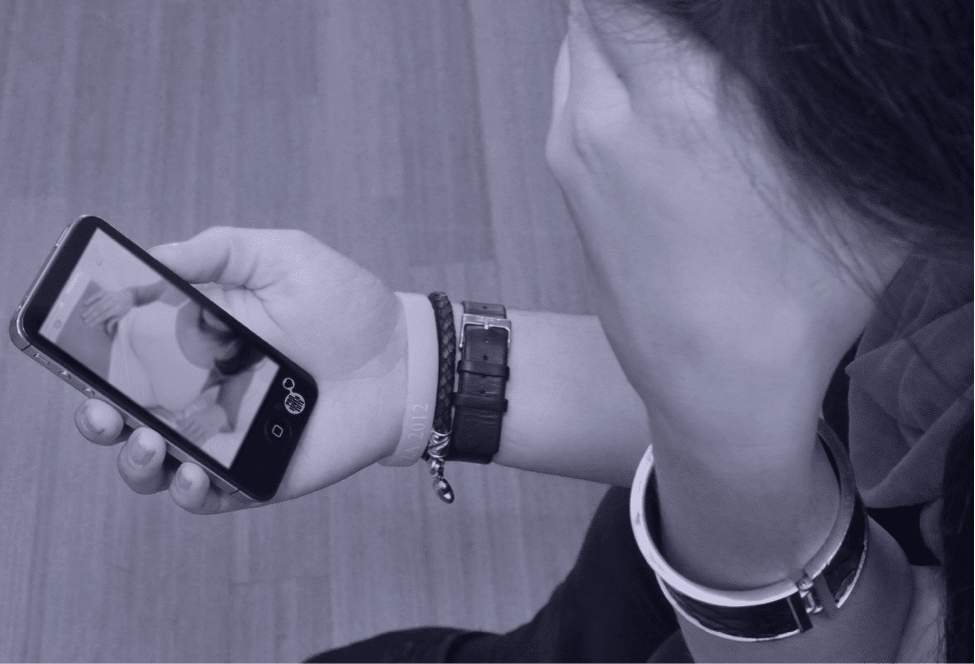A friend calls and tells you that there are nude photos of you online and they’re pretty sure you didn’t post them. You go to the website they tell you and sure enough, there they are – pictures you once shared with someone you had cared for and trusted, splashed across a porn website… Now what? Unfortunately, we now live in a world where people can abuse and hurt others without getting up from their computer. The even more unfortunate part is that the justice system didn’t see this coming and have been left incredibly unprepared for the explosion of calls now received regarding revenge porn and similar issues. Revenge porn is also known as nonconsensual pornography (“NCP”). So if you or a friend of yours find yourself in this position, what can you do? Here are five actions that you can take to respond to revenge porn and start the journey towards recovering your reputation and putting your life back together.
Five Steps to Respond to Revenge Porn
First, contact the website where the images are posted and ask that they be removed. Many major websites, including Reddit, Twitter, Facebook, and Google, have created policies within the last year to remove content they are contacted about if that content falls within the NCP category. The best-case scenario is that the company will comply with your request and remove the content immediately. The challenge with this approach is that because it’s the Internet, there’s a good chance (depending on how long the images have been online) that they’re already starting to show up in other places on the Internet too. So, we recommend you move to step two after contacting the website company.
Once you request the content’s removal, check the site regularly over the next 24 hours to see if your request was complied with or not. You’ll also want to ask the company to send you any information they have regarding when the content was posted and the IP (Internet Protocol) address of the individual that made the post.
Second, look to see if your state has any cyber-stalking laws in place. The Cyber Civil Rights Initiative offers a list of states that currently have laws directed specifically at revenge porn; 36 states and the District of Columbia have anti-revenge porn statutes on the books. You can also check the map on this resource page from Defamation Removal Law, to see if your state have laws in place. If your state does have such laws, you’re off to a good start, but still have an uphill battle. If your state isn’t listed, there are still actions you can take to correct what’s been done to you (including what’s found in step 1), but it does mean you will likely have to look outside the judicial system.
Third, report the crime to the authorities. Whether your state has specific revenge porn laws or not, the police may still be able to help you. They will want proof of what’s been posted online, so even though it may be tough to do, take screenshots of the images and website they’ve been posted to and any additional information you can learn: when it was posted, who posted it, and so forth.
If you present the issue as one regarding your privacy, this may also open some legal doors. Huffington Post published an article in June of 2015 that detailed the current challenges faced by the judicial system and the importance of viewing NCP not simply as an act of revenge, but as a privacy issue. The piece makes the excellent point that NCP isn’t always about revenge, but it is always about a lack of consent for the posting of the images and an invasion of privacy.
Fourth, you want to find a good lawyer. In another post, we will go into the specifics of how to find a good lawyer that will be the right fit for you. For now, we’ll simply advise that the Cyber Civil Rights Initiative offers a list of lawyers that have been brought to their attention with who take on revenge porn cases on a pro- or low-bono basis.
Fifth, seek professional help. There is no shame in admitting you need help. As the victim of NCP, it’s understandable that your life will be turned upside down and it’s going to take some time to right itself. Seeking help to get through the mental and emotional challenges of this kind of violation is perhaps the most important step when you respond to revenge porn. There are psychologists and other professionals in the medical field who have taken a specific interest in helping those that have been victims of revenge porn. If you’re struggling to deal with this on your own, seek help.
The publication of non-consensual porn can even result in a victim finding himself or herself fighting suicidal thoughts. If you or someone you know reach this point, seek help immediately. It may be unbearable right now, but things can and will get better. The National Suicide Prevention Lifeline is available 24/7 at 800-273-8255, and will connect you with a local crisis counselor.
Unfortunately we still have a long way to go before victims of NCP can feel like there is strong recourse available to them through the justice system. A June 2015 episode of Last Week Tonight with John Oliver addressed the ongoing challenges facing victims of this awful crime. Today, almost a year later, many of these issues still remain unresolved.
For more information regarding ‘revenge porn’ and what actions you can take in the aftermath of such a horrific event, please contact Revision Legal’s Internet Privacy attorneys through the form on this page or call 855-473-8474.
Editor’s note: This article was originally posted in April, 2016. It has been updated for content and clarity.
Image courtesy of Flickr user Pro Juventute.




